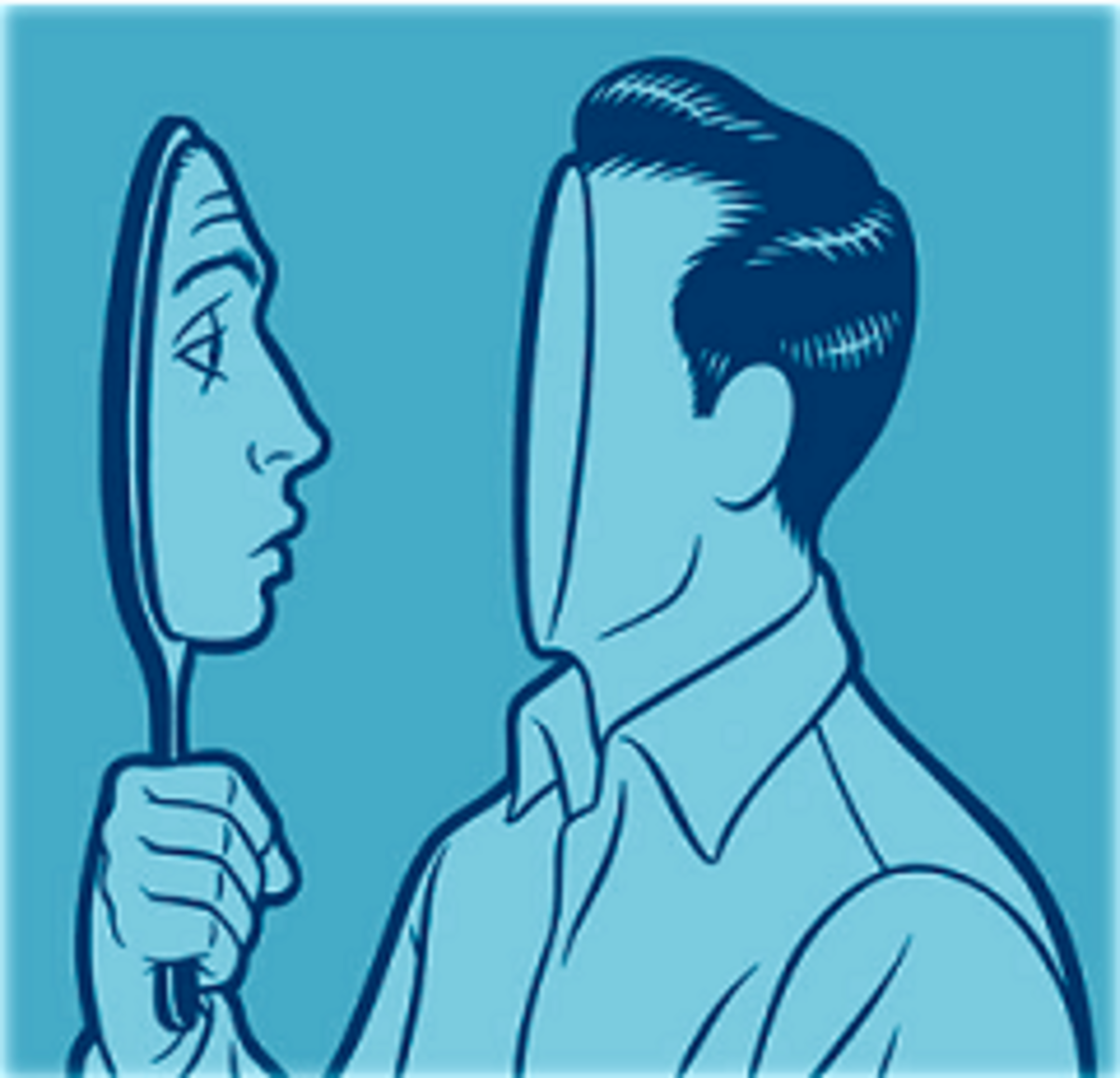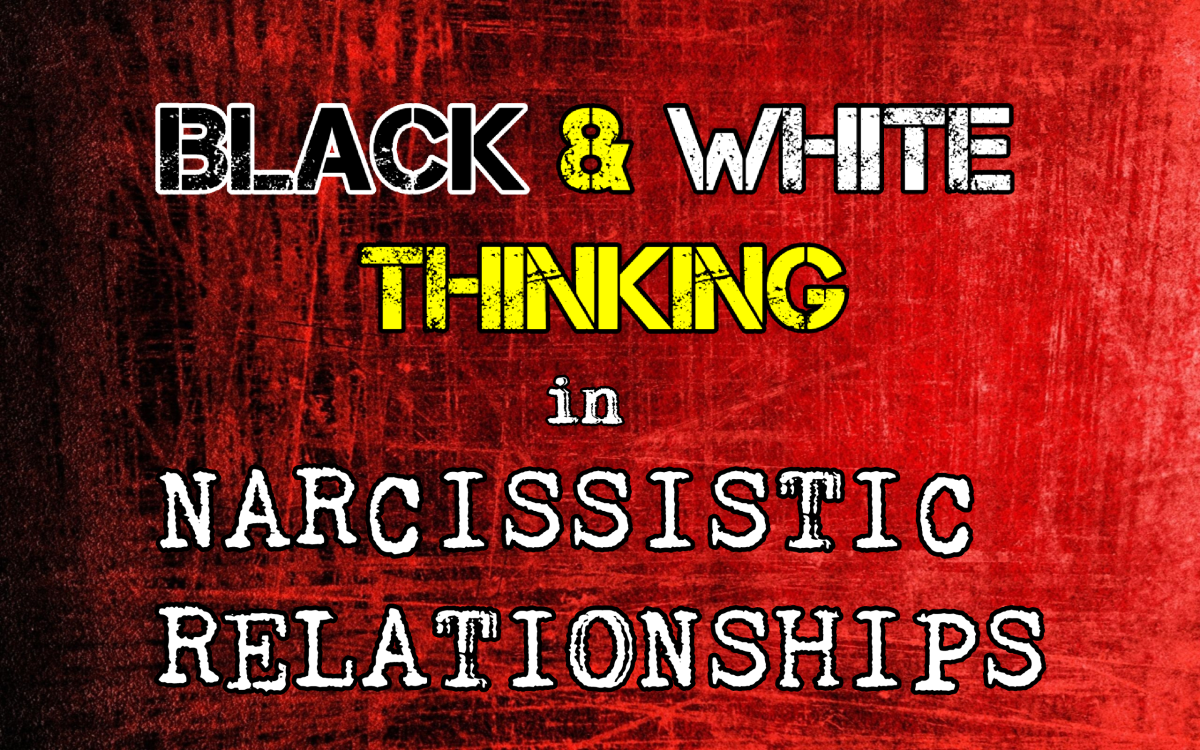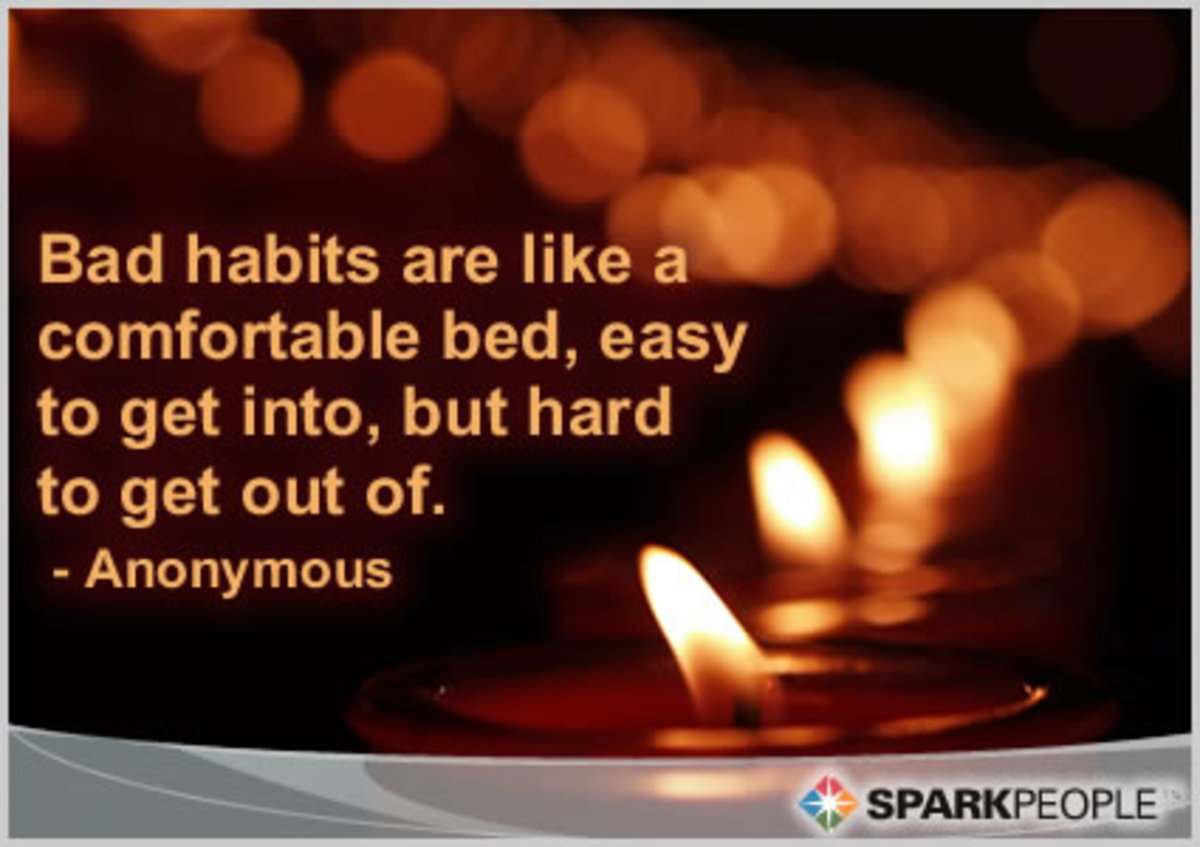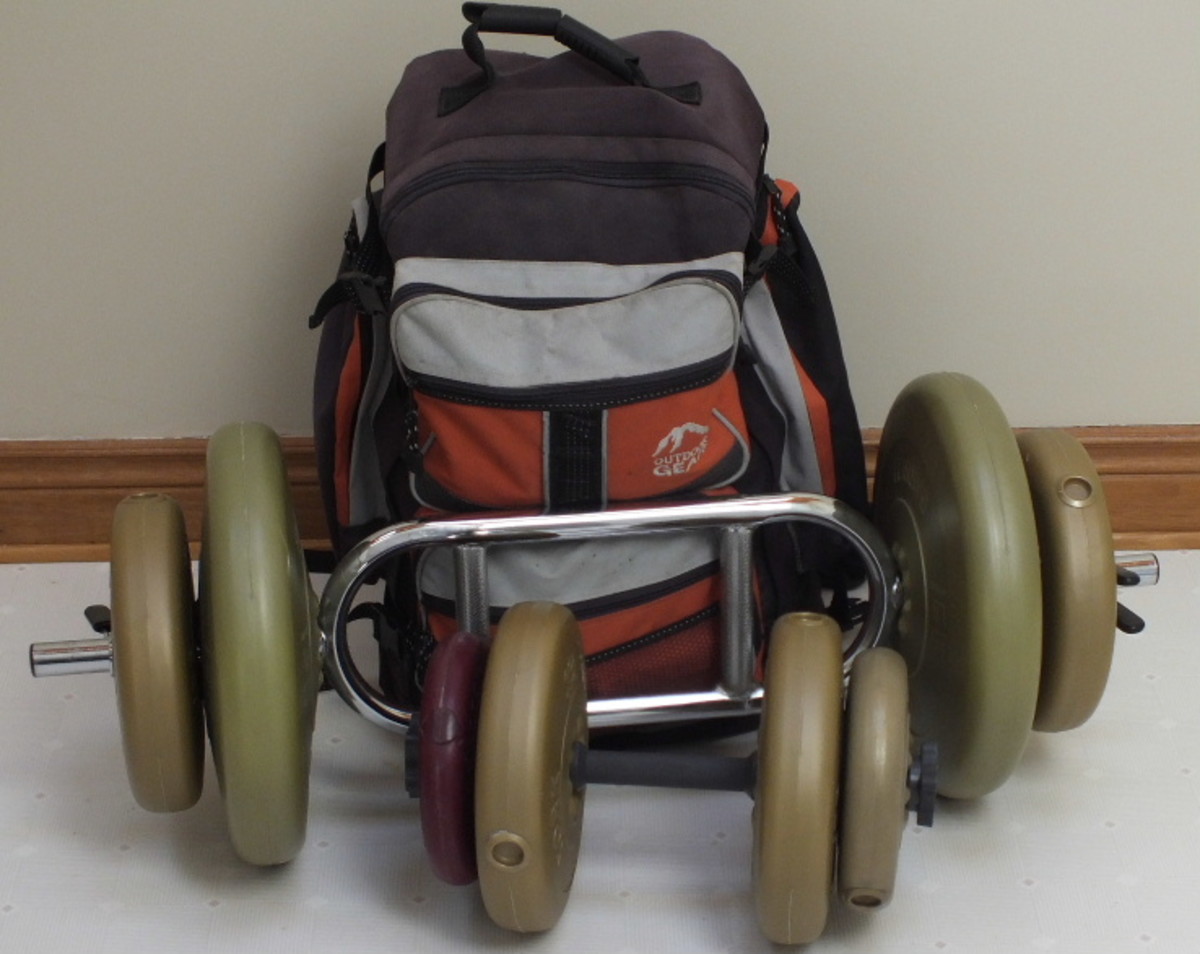- HubPages»
- Health»
- Quality of Life & Wellness»
- Personal Development
Why Is It Hard to Change Habits
Everyone Has Habits
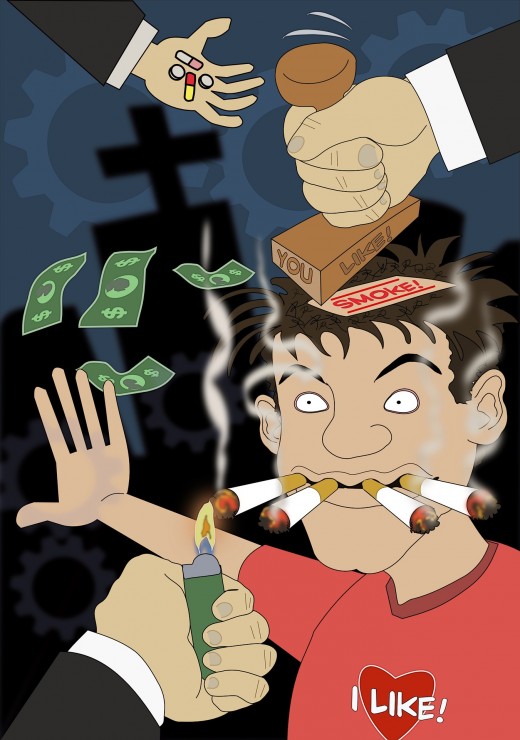
Why Do We Have Habits?
We do things by routine. We do things mindlessly. We do things automatically. Habitual behavior makes things easier for us. We don't have to think about every step we are taking. We have done it before and it gets done. Habits help our mind use less energy, make us more efficient, and allow us to think about what else we need or want to do. It seems like some habits just happen. We didn't have to take much effort to let these habits take hold. When it comes to breaking some habits, it takes tremendous effort. Why are some habits easy to acquire and others so hard to make part of our routine? Why does it take so much effort to change our behavior? Why do we continue with habits that we know we would be better off not doing?
What is a Habit?
A habit is a learned pattern of behavior, repeated often enough that is done without even thinking about it, and it becomes automatic. This normally occurs from a stimulus, a cue, a trigger that turns on the automatic behavioral response. Some habits are helpful, because we don’t have to think about it, like brushing our teeth at night, buckling our seatbelt as soon as we get in the car. Some habits serve a purpose that achieve positive objectives.
Science has taken on many studies to learn about habit formation in hopes that this would lead to better knowledge about why we do what we do.
Bad habits are not eliminated, they are replaced with good habits.
Most of our bad habits are caused by boredom and stress.
Bad habits do serve a purpose, they fill some need. When we understand what that need is we can satisfy the need another way. When we come up with a different way to satisfy the boredom and stress, we won’t need the bad habit anymore.
If you just cut out the bad habit, without replacing it with something else that will address the need, the bad habit will ultimately return.
Habit Loop

Bad Habits and Stress
The psychology behind risky behavior is not fully understood. What we do know is that we return to our basic routines and our habits, good and bad, when we are stressed.
David T. Neal, Wendy Wood, and Jeffrey M. Quinn of Duke University conducted a study that involved a series of five experiments that showed when people are stressed and tired, they revert to their old habits, whether they be good or bad. One study showed students who were taking college exams were more likely to eat unhealthy breakfasts during exam time, even if they were eating trying to healthy breakfasts before their tests. Stress could affect our cravings. Many prior studies have shown that willpower is a finite resource. When we are dealing with multiple stresses, our willpower wears out and it takes time to recover it. Willpower is even a factor when we hold our tongue to not tell someone off, just like trying to stop ourselves from overindulging. These are different forms of self regulation, but they both use up the same willpower resource, and it makes it more difficult to control either action. When we lack willpower, it becomes easier to fall back on what is comfortable, and what we are used to.
All habit forming activities follow the same behavioral and neurological patterns. Habits start with a pattern called a habit loop, which is a three part process:
-
trigger that cues the behavior to start
-
routine - the actual behavior
-
reward - the brain likes it and wants to do it again
Stress and Habits
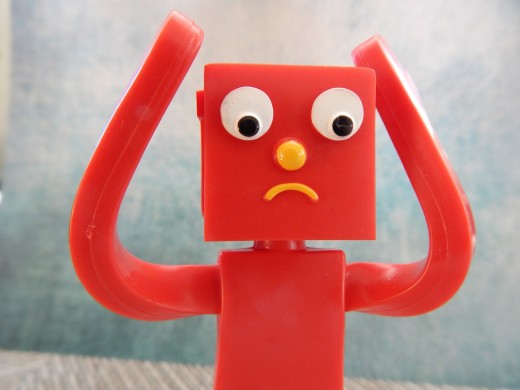
Bad Habits and Self Control
Sometimes people will conquer a habit, on to revert back to their old habits. So why do people backslide? Some psychologists believe that people make a mental miscalculation that causes them to overestimate the amount of willpower they have.They call it a cognitive distortion known as restraint bias. People can feel overconfident in the amount of self control they have, and then they end up giving into their impulsiveness.
Psychologists from Northwestern University did a study in 2010, asked a group of smokers to take a self control test. The participants didn’t know it, but the survey was a pretense to randomly divide the group into those who have high self control, and those with low self control. After they heard which self control they fell into, they played a game where they watched the 2003 movie Coffee and Cigarettes, about short stories that have coffee and cigarettes in common. The participants would be challenged with four levels of temptation, each having a cash reward. The one involving the most money was keeping an unlit cigarette in their mouth, an unlit cigarette in their hand, one on a nearby table, or for the lowest money, a cigarette in another room. If they could resist from smoking for the entire 95 minute film, they would get the cash reward. They had to avoid smoking for the entire movie.
The participants who were told they had high self control, took on the greater temptations. Most watched the movie while holding an unlit cigarette, and most failed to resist lighting up three times as much as the participants who were told they had low self control.
Loran F. Nordgren, the researcher in this experiment has concluded that when we make progress in getting over a bad habit, we believe it is okay to expose ourselves to temptation, and we impulsively give in.
Keystone Habits
Habits happen because we are on autopilot immediately after the trigger. We can only break habits when we disassociate the habit from the trigger.
Keystone habits can change everything. They create a chain reaction that affects other things we do, as we integrate the new habit into our life. Keystone habits affect how we do everything from working, playing, eating, spending, communicating, etc. Keystone habits start a momentum that we build upon, transforming one habit after another. Keystone habits are empowering, they change our sense of who we are, and what we deem possible for ourselves. We get motivated to do better, be better, and take on more.
There are four ways to identify our keystone habits:
-
many small sense of victory with a feeling that bigger accomplishments are within reach.
-
other habits sprout from other habits
-
it energizes us to do more
-
we have a new feeling of confidence that we can do more
Ways to Break Habits
Triggers are the key to breaking a habit, and to forming a new habit. Triggers start the automatic urge to do a habit. Habits form after we create a connection between the trigger and the habit. The stronger the connection, the more ingrained the habit is.
Knowledge of the risks of bad habits is not enough to motivate change.
The good news is that it is never too late to break a habit. Habits are changeable throughout our entire life. When people realize what the factors at that make a behavior occur, it becomes easier to change. Sometimes we feel powerless over our habits.
Alcoholics for example are stimulated by alcohol cues which cause greater activity in the ventral striatum in light drinkers, compared to heavy drinkers. Heavy drinkers show more activity in the dorsal striatum than light drinkers. This is probably caused by the need of heavy drinkers to satisfy an addictive stimulus response habit. Social drinkers drink for pleasure. People who are drinking a lot are not drinking for pleasure. There are many factors, simple,complex and the unknown, that contribute to compulsive habits. How we grew up, our core beliefs, our life experiences affect our self perspective.
We Are Our Habits
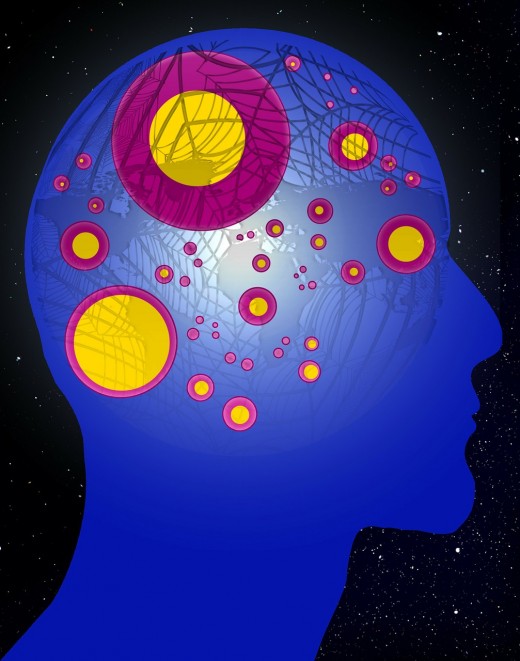
Change Your Thinking, Change Your World
It is our perspective, not reality that determine our thinking and our behavior, and our choices of how handle things. People who learn to self medicate with food, alcohol, or drugs, young, will encode this in their dorsal striatum. Habits weave their way into our brains, making the behavior nearly impossible to break. Yet, it is not impossible, just resistant.
It is believed that habits are formed from two behavior sources in dorsal striatum in the brain. These involve the prefrontal cortex and the ventral striatum. The the prefrontal cortex starts a behavior, the more it is repeated, the more it is encoded by the dorsal striatum. When the ventral striatum initiates a behavior, dopamine is released, which makes the dorsal striatum more likely to repeat the action. The dorsal striatum and the ventral striatum both use dopamine, but it serves different purposes and the areas of the brain utilize it differently. In the dorsal striatum, dopamine starts an action. In the ventral striatum, dopamine signals a reward.
We human beings are creatures of habits. Additionally when we are stressed, we default to our old habits. When we try to change our behavior, we think about our motivation, and our willpower. Some scientists believe we would be better off thinking about how to set up new habits. Habits take over when we are tired and when we don’t have the energy to use our self control. Habits are automatic behaviors that allow us to function in our everyday routine. Habits don’t use up our willpower resource. Habits don’t use up the energy it takes to think. Habits don’t require us to exert ourselves to deliberate over things. To change habit formation, the behavior needs to be easy to perform so that we repeat it frequently and it becomes part of our daily routine.
Our lives are more habitual than we realize. According to a study done by Wendy Wood, Phd at Texas A&M University, approximately 40% of a person’s daily activities are performed each day in nearly the same situations or locations. Because there is such a high level of repetition, habits are easily formed. These automatic patterns of behaviors help us reach our objectives because we repeat what we believe works for us. The problem of habits is that we may keep repeating the behavior long after it may not work for us anymore.

